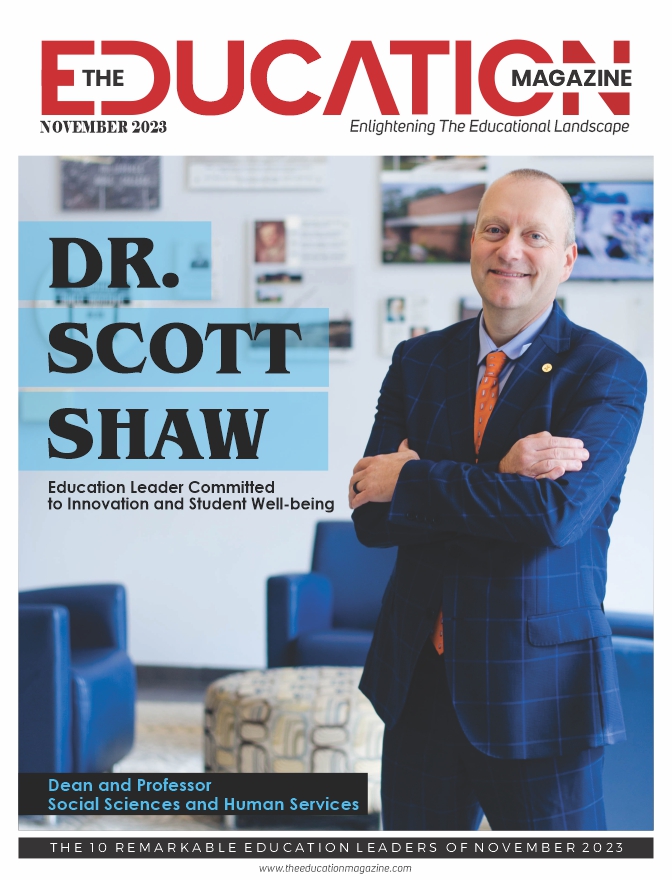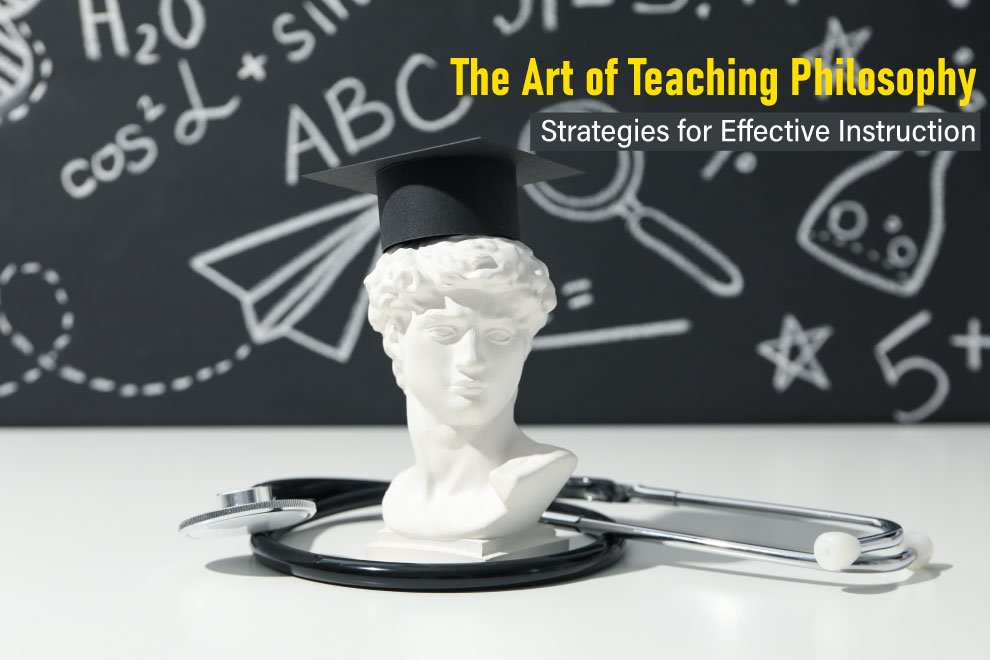Rather than limiting the aging immune system, they are planning to rejuvenate it
Certain groups can be more vulnerable to the coronavirus such as those with underlying problems like heart disease and diabetes, and age is a major factor too. Older age groups have dramatically higher rates of death compared to younger age groups; a worrying time for those vulnerable groups. So, what’s being done to keep them safe?
Lifespan News reported the opinion of different experts in the aging field according to whom the aging immune system is an underappreciated driver of the increased risk in old people. The high level of chronic inflammation in older adults messes up with the immune response which explains why they are generally more prone to infectious disease and don’t respond well to vaccines.
Aging changes in immunity
In the aging process known as immunosenescence, hearing fades, skin sags, joints give out, and even the body’s immune system starts losing its vigor. This process might explain why older people are so hard-hit by COVID-19. Another problem is with vaccines, which incite the immune system to fight off invaders, often performing poorly in older people. The US Food and Drug Administration hopes that the COVID-19 vaccine would have to protect at least half the vaccinated individuals, but are also worried about the fact that the protection in older adults might not even meet the bar.
If COVID-19 vaccines are not effective in older adults, researchers might be able to find ways to tweak the shot itself to elicit a stronger response. Some scientists are developing and testing drugs that could improve how older adults respond to vaccines and might also help them fight viruses more effectively in the first place.
Earlier findings
In the laboratory, anti-aging drugs inhibiting a protein known as mTOR have lengthened lifespan in animals from fruit flies to mice. “mTOR is one of probably multiple biologic mechanisms that contribute to why we age and why our organ systems start to decline,” says Joan Mannick, co-founder and chief medical officer of resTORbio, Boston.
In 2018, Mannick and her colleagues tried dampening down mTOR in 264 older adults to see if this could improve immune function and lower infection rates. The participants received a low-dose mTOR inhibitor or a placebo for six weeks. Those who received the drug had fewer infections in the year after the study and an improved response to the flu vaccine. She then launched a phase III trial in 2019 to find if a similar mTOR inhibitor called RTB101 could stave off respiratory illnesses in older adults.
The trial failed to show the desired effect but the data from this and an earlier trial shows that the participants who received the mTOR inhibitor had fewer severe infections from circulating coronavirus and recovered faster from them than the placebo group.










